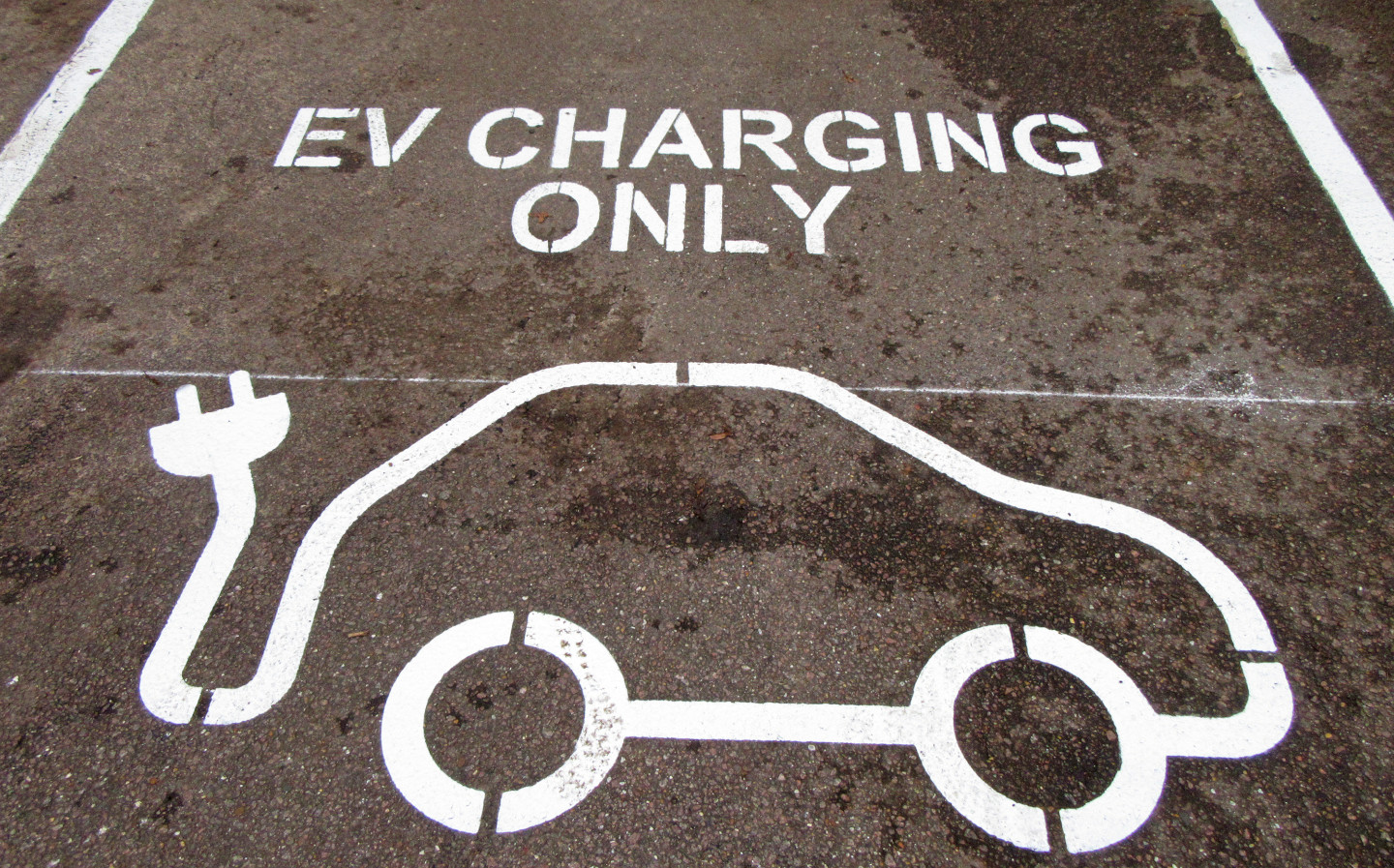Price of rapid charging electric vehicles has jumped 21% in eight months
Charge up at home to save cash ... if you can
The average cost of topping up an electric car’s battery using a public rapid charger in the UK has increased by more than a fifth in the past eight months, according to research by the RAC.
The motoring services company’s new Charge Watch initiative tracks the price of electricity at charging points across the UK. The data revealed the average cost of charging on a pay-as-you-go, non-subscription basis at a publicly accessible rapid charger in Great Britain is now 44.55p per kilowatt hour (kWh).
Back in September 2021, the average cost stood at 36.74p per kWh, meaning prices have risen by 21% in just eight months.
As a result, the RAC says the cost of recharging the 64kWh battery of a “typical” family electric car to 80% has increased by £4 since September, hitting £22.81. And using one of the fastest public chargers with an output of 100kW or more is even more expensive, costing £26.10 to charge the same battery to 80%.
The RAC only measures the cost of charging to 80% because charging speeds slow down beyond that threshold, to help preserve battery health. Different electric vehicles have different maximum charging speeds and charging “profiles” (how quickly the maximum charging speed is reached and then throttled), but the cost per unit of electricity remains the same regardless of the vehicle.
RAC fuel spokesperson Simon Williams said the price hikes were down to the “rocketing price” of natural gas, which he said is used to generate a “considerable proportion” of the UK’s electricity. Last month gas formed 40% of the total energy mix, according to the National Grid, followed by wind (23.4%), nuclear (17.1%) and solar (6.1%).
Just 5.1% of the UK’s electricity was imported in April, though costs in the UK are linked to global markets, so events elsewhere in the world affect prices at home.
Figures from energy regulator Ofgem show the wholesale cost of gas doubled between the end of September 2021 and the end of March 2022, while electricity prices increased by roughly 65% over the same period.
Although charging costs have risen, the RAC says filling an electric vehicle battery remains cheaper than filling up with petrol or diesel. The organisation’s calculations suggest it now costs an average of 10p per mile to charge at a public rapid charger, whereas petrol costs drivers an average of 19p per mile amid the latest fuel price increases.
It’s much cheaper still to charge at home, particularly if drivers take advantage of energy tariffs with price drops at night, when demand is low.
“There’s no doubting that charging an EV still represents excellent value for money compared to filling up a petrol or diesel car,” said Williams.
“Unsurprisingly, our analysis shows that the quickest places to charge are also the most expensive with ultra-rapid chargers (100kW speeds or more) costing on average 14% more to use than rapid chargers.
For drivers in a hurry, though – or those travelling a long distance – paying this premium might well be worth it, with the very fastest chargers capable of almost completely replenishing an electric car’s battery in a matter of minutes.
“Having said that, the most affordable way of charging an electric car isn’t at a public charger. It’s from home, where overnight electricity rates can be much lower than their public charger counterparts.”
Related articles
- If you were interested in the price of rapid charging electric vehicles increasing 21% in eight months, do check out this article about the public moving from ‘range anxiety’ to ‘charging anxiety’
- You might also like to read about the man who drove an electric Porsche 2,834 miles across America, charging for less than 2.5 hours
- And don’t miss our roundup of all the car makers’ electric vehicle plans for 2022 and beyond
Latest articles
- Watch new Porsche 911 GT3 smash Nürburgring record for manual cars
- Skoda Elroq 2025 review: Czech carmaker can’t seem to miss with its electric family cars
- Five best electric cars to buy in 2025
- Should I buy a diesel car in 2025?
- F1 2025 calendar and race reports: The new Formula One season as it happens
- Zeekr 7X AWD 2025 review: A fast, spacious and high tech premium SUV — but someone call the chassis chief
- Denza Z9GT 2025 review: Flawed but sleek 1,062bhp shooting brake from BYD’s luxury arm
- Extended test: 2024 Renault Scenic E-Tech review
- Best-selling cars 2025: The UK’s ten most popular models of the year so far














